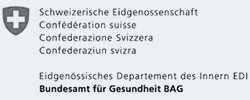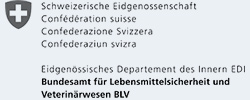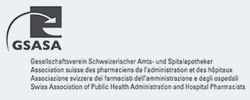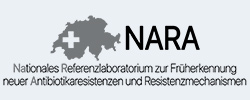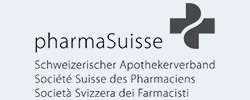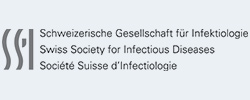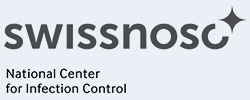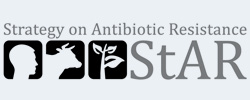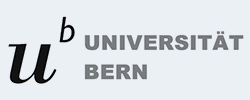ANRESIS, the Swiss Centre for Antibiotic Resistance is a nationwide, representative surveillance system and research instrument for antibiotic resistance and consumption. It is hosted by the Institute for Infectious Diseases (IFIK) of the University of Bern and is financially supported by the Swiss Federal Office of Public Health (FOPH) and the IFIK.
News
Follow us on LinkedIn
ANRESIS continuously collects all anonymized resistance data that is generated in routine diagnostics from
> 35 Laboratories for human medicine
10 Laboratories for veterinary medicine
> 70 Hospital pharmacies
> 1000 Pharmacies
